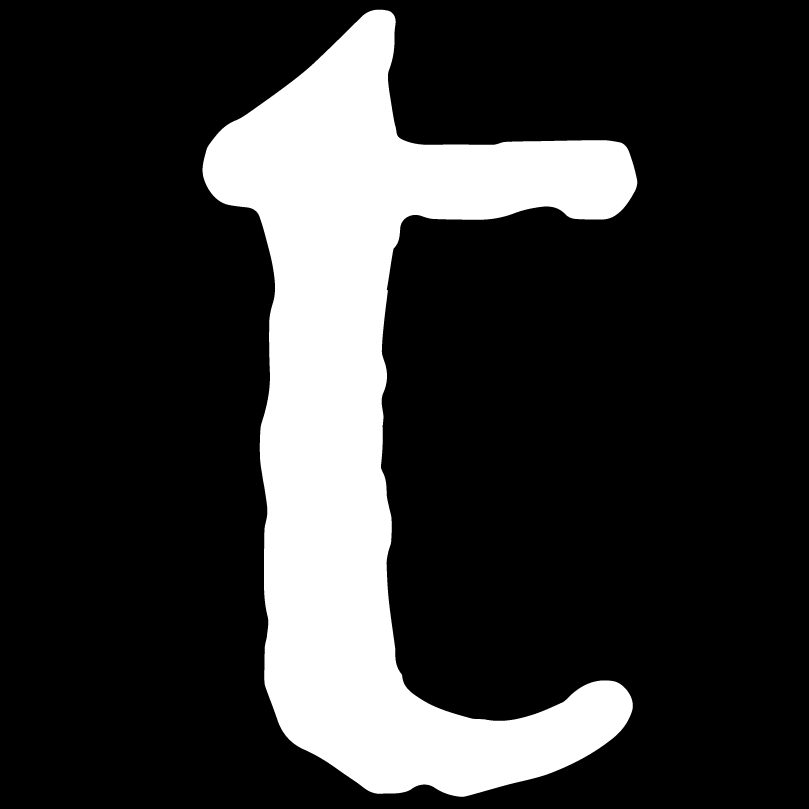
Review of Government Secrecy Ordered
Carrie Johnson - The Washington Post
Obama names Holder, Napolitano to lead drive for "unprecedented level of openness"
President Obama directed his national security adviser and senior Cabinet officials yesterday to examine whether the government keeps too much information secret.

United States National Security Adviser Gen. James L. Jones (retired). Jones was asked by Obama to canvas executive branch officials about their procedures for handling classified material. (Photo: Getty Images)
In a memo, Obama acknowledged that too many documents have been kept from the public eye for years and affirmed that he remains "committed to operating with an unprecedented level of openness."
Obama asked national security adviser James L. Jones to canvas executive branch officials about their procedures for handling classified information and to make recommendations about better information sharing.
The president also said that turf battles and problems with technology continue to pose obstacles to disseminating unclassified national security information among federal agencies with their partners in states and the private sector.
To help clear the path, Obama created a task force yesterday to study that and related issues for 90 days, putting Attorney General Eric H. Holder Jr. and Homeland Security Secretary Janet Napolitano at the helm.
Government officials representing a broad swath of agencies will review procedures for labeling and sharing sensitive information to make sure that the needs of law enforcement, privacy and civil liberties "strike the proper balance," the memo said.
Obama also proposed a National Declassification Center to streamline procedures for releasing classified information, when appropriate, under the guidance of the archivist of the United States. The broad initiative is in line with an executive order issued by Obama on Jan. 21, when he promised to move forward with "a presumption in favor of openness."
Instructions to Jones made specific reference to Bush administration orders that delayed automatic declassification dates, eliminated a presumption of declassification that dated from the Clinton administration, and reclassified some information that had already been made public.
Obama asked for recommendations on "the possible restoration of the presumption against classification" that would preclude making something secret where there was "significant doubt" about the need to do so. It also raised the possibility of a "prohibition of reclassification of material that has been declassified and released to the public under proper authority."
Steven Aftergood, director of the Project on Government Secrecy at the Federation of American Scientists, praised the move as a way to "set the wheels in motion."
"This is music to the ears of many of us," Aftergood said, "but the hard work remains to be done - how to translate these goals into policies."
--------
Staff writer Karen DeYoung contributed to this report.
